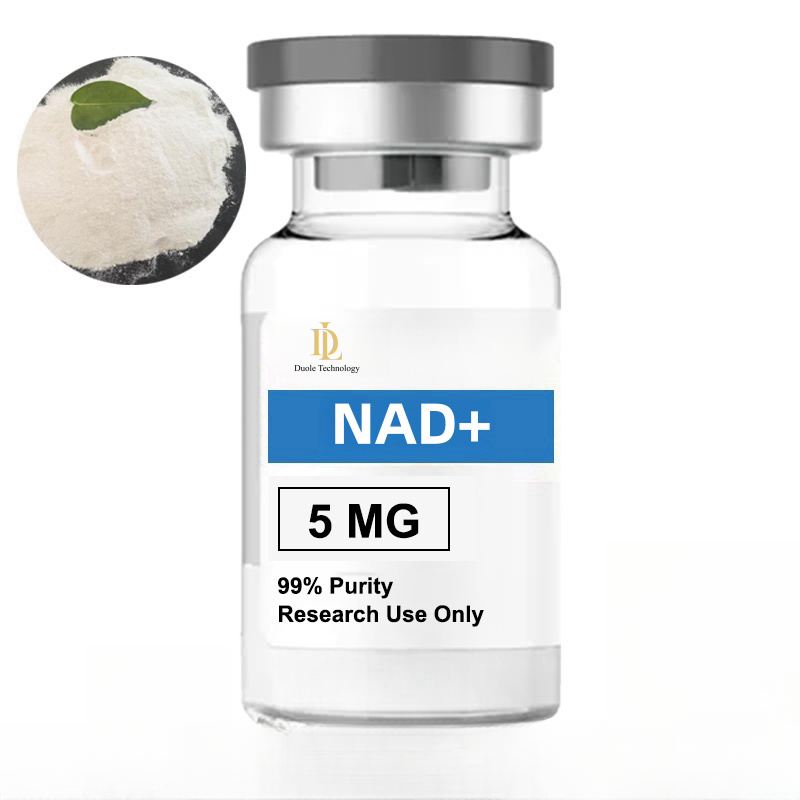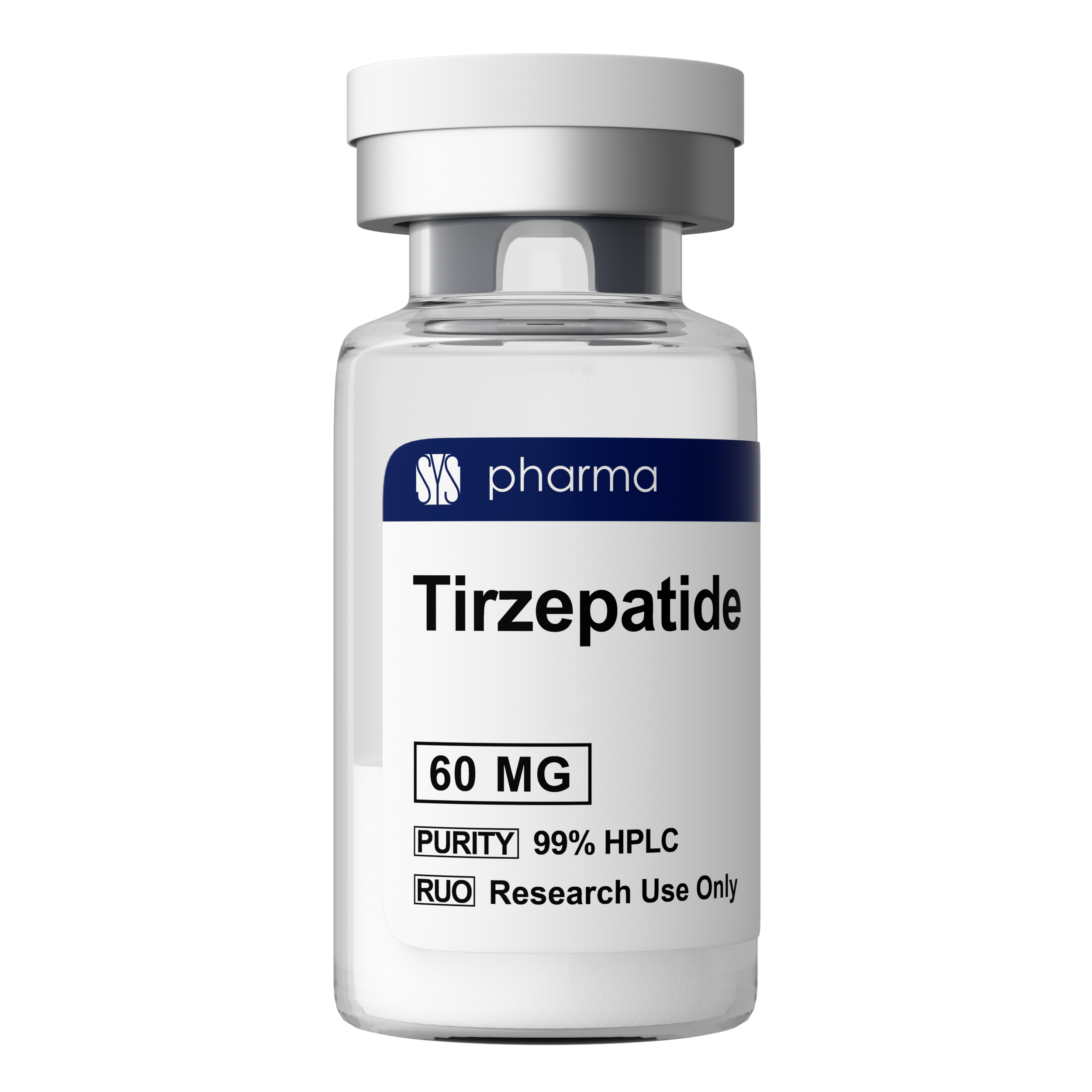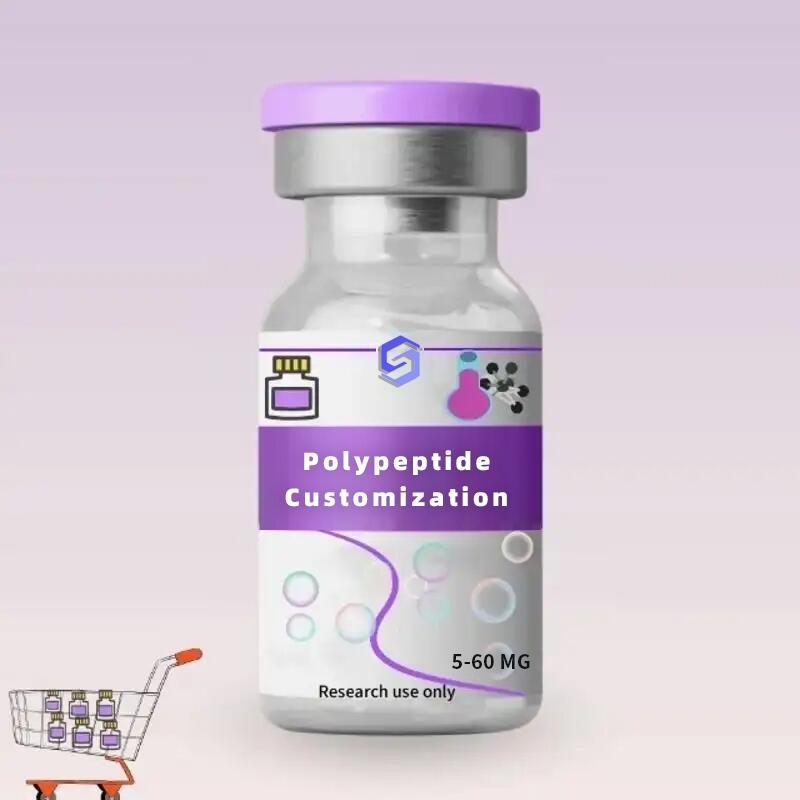-
Categories
-
Pharmaceutical Intermediates
-
Active Pharmaceutical Ingredients
-
Food Additives
- Industrial Coatings
- Agrochemicals
- Dyes and Pigments
- Surfactant
- Flavors and Fragrances
- Chemical Reagents
- Catalyst and Auxiliary
- Natural Products
- Inorganic Chemistry
-
Organic Chemistry
-
Biochemical Engineering
- Analytical Chemistry
-
Cosmetic Ingredient
- Water Treatment Chemical
-
Pharmaceutical Intermediates
Promotion
ECHEMI Mall
Wholesale
Weekly Price
Exhibition
News
-
Trade Service
In October 2017, the General Office of the CPC Central Committee and the General Office of the State Council issued the Opinions on Deepening the Reform of the Review and Approval System to Encourage Drug Medical Device Innovation (hereinafter referred to as the Opinions), which proposed to "explore the establishment of a drug patent link system".
, the State Drug Administration and the State Intellectual Property Office publicly solicited opinions on the Measures for the Implementation of the Early Settlement Mechanism for Drug Patent Disputes (Trial) (Draft for Comments), and the patent link system for balancing generic and innovative drugs began to enter the landing stage.
New Amendment to the Patent Law was adopted by the 22nd Session of the Standing Committee of the 13th National People's Congress, further incorporating the establishment of a drug patent link system and the resolution of patent disputes into the important agenda.
the essence of patent disputes is the interest game, which is more prominent in the field of drugs.
Because of the high investment in drug research and development, long cycle, risk, innovation difficulties, patent protection policy makes the original drug for a long time exclusive market, generic drug market difficult, the original research drug companies and generic drug companies between the interests of the dispute in the patent field is particularly obvious.
In order to encourage research and development innovation, reduce drug prices and improve drug access, the policy balance in drug market access in various countries and regions has given birth to different patent dispute resolution mechanisms, of which the patent link system is the most representative.
the system originated in the United States and refers to the link between the approval of generic drug listings and the effective review of patents for related new drugs to avoid possible patent infringement.
The United States, through the Drug Price Competition and Patent Compensation Act (Hatch-Waxman Act, 1984), the Generic Drug Enforcement Act (1992), the Health Insurance Modernization Act (2003), and the Biological Agent Price Competition and Innovation Act (2010), constitutes a system of drug patent link systems.
The core of the U.S. patent link system is the following seven: First, the information disclosure system, that is, the Orange Book system, the original pharmaceutical research enterprises in the application for a new drug market license, the drug-related patent information, and through the orange book to the public, not included in the Orange Book of patents may not claim rights in the link program.
Second, the patent declaration system, generic applicants should file with the FDA with the application for a declaration of the status of the patent, including, in particular, no relevant patents registered in the Orange Book, the Orange Book registered patents have expired, the applicant will not start manufacturing, selling generic drugs after the expiration of the orange book listed patents, and the Orange Book patent invalid or the applicant does not infringe the patent rights registered in the orange peel (the declaration is also known as the "patent challenge").
is to simplify the application system, generic drug market declaration does not need to repeat the new drug application has been proved safety and effective research, only biological equivalent research.
fourth is the tort exemption system, generic drug applicants for registration purposes in the original drug patent period for research and development is not considered infringement, that is, Bolar exception.
5 is the proposed infringement system, for the filing of a "patent challenge" declaration of the application, should submit supporting materials, and notify the patente, if the patente within 45 days after receiving notice to the court, the FDA will stop the approval for 30 months.
6 is the containment and protection period system, different types of generic drugs to give different data protection and market exclusive period protection, the first generic drug enterprises, namely, the first successful challenge to the original drug patents and obtained a market license of generic drug enterprises will enjoy 180 days of market exclusive period, during which no other generic drug market applications will be approved.
is the patent extension system, the maximum can be extended for 5 years, from the date of drug approval, the patent extension period plus the remaining period of the patent after listing can not exceed 14 years.
system of drug patents has played an important role in promoting the development of generic drugs, safeguarding the legitimate rights and interests of drug patent holders, and reducing the risk of litigation after the drug is listed.
, Japan, South Korea, Australia and other countries, through the Free Trade Agreement with the United States has introduced a drug patent link system, but the practices and policies of different countries are completely different.
Canada Canada was the first to introduce a drug patent link system, the introduction of patent drug registration, additional protection certificate system, registered drugs can be granted up to 20 years of patent protection beyond the additional protection period of up to two years.
Unlike the United States, additional registration of patents is not permitted after the drug is on the market, generics do not have a first-in-the-right period, and the proposed infringement is changed to a prohibition order requiring the original pharmaceutical company to apply to the Federal Court for the initiation of a insulation proceeding after receiving notice of the generic drug's application for market listing.
Japan Japan's patent dispute resolution system differs from that of the United States in that generic drugs are not approved for listing when the patent period for active ingredients of new drugs has not yet expires;
Korea South Korea stipulates that the containment period of the patent link system is 9 months, the first imitation exclusive period of 9 months for generic drug applicants, and after receiving the application for a listing license of a generic drug company, the original pharmaceutical enterprise may safeguard its patent rights by filing a lawsuit with the court, filing a confirmation request for the scope of rights with the Intellectual Property Trial and Appeal Board, etc.
Through combing, it can be found that the drug patent link system in the above-mentioned countries is broadly divided into two categories: one is the strong protection mode of suspending the approval and listing in the case of disputes, and the other is the weak protection mode of fulfilling the obligation to inform, but the infringement or not does not affect the listing approval.
THE EU does not introduce a drug patent link system, but rather a market access system that separates the listing license holder from the production license holder, and the approval department is only responsible for the safety and effectiveness of the drug and does not examine the applicant's patent infringement.
for drug patent disputes, the patente may obtain relief by applying for a temporary injunction from the court.
For patents on listed drugs, a system of trial database protection and extended patent protection periods is in place - up to 11 years of trial data protection for new drugs and no less than 5 years of supplementary protection after the expiry of patents.
India, a major generic drug country, has a negative attitude towards the drug patent link system and implements a compulsory licensing system for pharmaceutical patents in order to protect and promote the development of the generic industry.
these systems provide reference for the establishment of drug patent dispute resolution mechanism in China.
However, due to the differences in the basic national conditions, social systems, governing ideas and industrial policies of various countries and regions, especially the level of economic and social development, scientific and technological research and development innovation ability, there is a certain gap, China in the establishment of drug patent link system can not be copied, transplanted grafting of the Nariism, Nor can we pursue blind international integration, but on the basis of learning from the beneficial practices and successful experiences of foreign patent link system, based on the actual national conditions, focusing on the practical needs of drug regulatory system and modernization of regulatory capacity, and speed up the construction of a dispute resolution mechanism for drug patents with Chinese characteristics.







